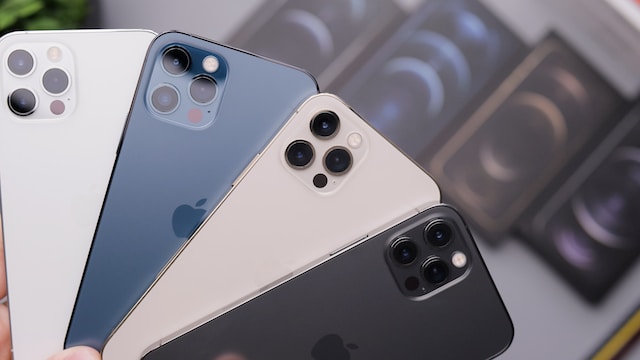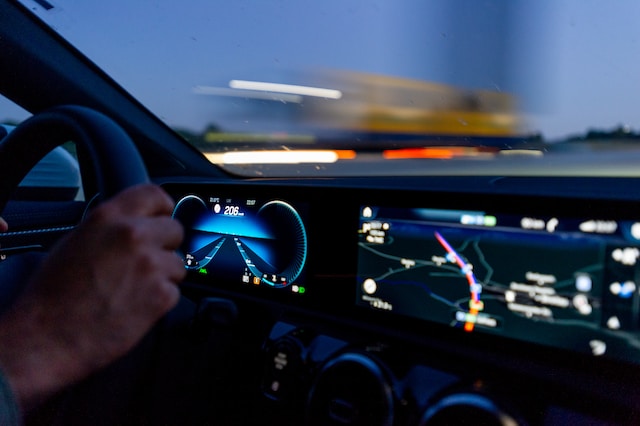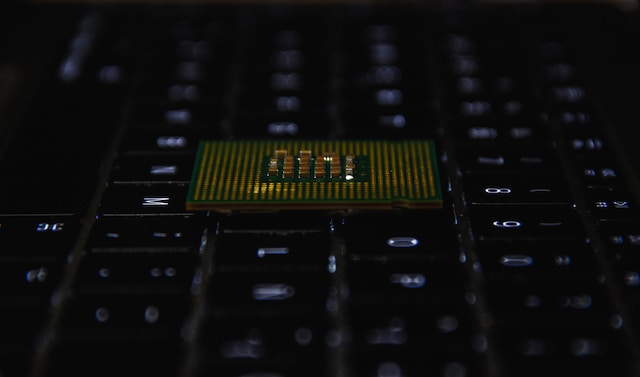Mobile computing has revolutionized the way we live, work, and connect in our increasingly fast-paced and digital world. This article explores the multifaceted realm of mobile computing, its evolution, impact, and prospects.
The Evolution of Mobile Computing
Early Mobile Devices: A Glimpse of the Future
The journey of mobile computing began with early handheld devices, offering basic functionalities like calendars and contacts.
Smartphones: The Game Changers
The advent of smartphones marked a pivotal moment in the history of technology. These pocket-sized powerhouses brought about a revolution by seamlessly combining communication, computing power, and internet access in a single, portable device. Let’s delve deeper into how smartphones reshaped our world:

Multifunctionality: Smartphones go beyond traditional mobile phones. They serve as portable computers, offering web browsing, email, document editing, and a myriad of applications to streamline our personal and professional lives.
Mobile Computing in the Digital Age: An Integral Tool
Connectivity Anytime, Anywhere
Mobile computing enables us to access information, communicate, and conduct business from virtually anywhere with network coverage.
Diverse Mobile Applications
Mobile apps cover an array of needs, from social media and navigation to productivity and entertainment.
Mobile Commerce (M-Commerce)
M-commerce has transformed the way we shop and pay, with mobile wallets and contactless payments becoming the norm.
The Impact of Mobile Computing
Enhanced Productivity
Mobile computing empowers professionals to work remotely, increasing productivity and work-life balance.
Global Connectivity
Mobile devices facilitate global connectivity, bridging geographical and cultural gaps through instant communication.
Revolutionizing Industries
Mobile computing has disrupted industries like healthcare, education, and transportation, leading to innovation and improved services.
Challenges and Solutions in Mobile Computing
Security Concerns
Addressing security risks, such as data breaches and mobile malware, is essential to protect sensitive information.
Privacy Issues
The collection of personal data by mobile apps raises concerns, emphasizing the need for data protection regulations.

Battery Life and Efficiency
Efforts to enhance battery life and device efficiency remain at the forefront of mobile computing development.
The Future of Mobile Computing
5G Connectivity
The rollout of 5G networks promises faster and more reliable mobile internet, unlocking new possibilities for mobile computing.
Internet of Things (IoT)
Mobile devices will play a central role in the IoT, connecting and controlling smart appliances and systems.
Augmented Reality (AR) and Virtual Reality (VR)
In addition, AR and VR applications will become more immersive and accessible through mobile computing.
Conclusion
In conclusion, mobile computing has transformed our lives by enabling connectivity, productivity, and convenience on the go. From early mobile devices to the smartphones of today, its journey continues to shape our digital landscape.
As mobile computing evolves with advancements like 5G, IoT, AR, and VR, its impact on industries and society at large will only intensify. However, it’s crucial to address challenges like security and privacy to ensure a safe and fruitful mobile computing future.
In a world where mobility and connectivity are paramount, mobile computing remains a cornerstone of our digital existence, offering endless possibilities for innovation, connection, and empowerment.





